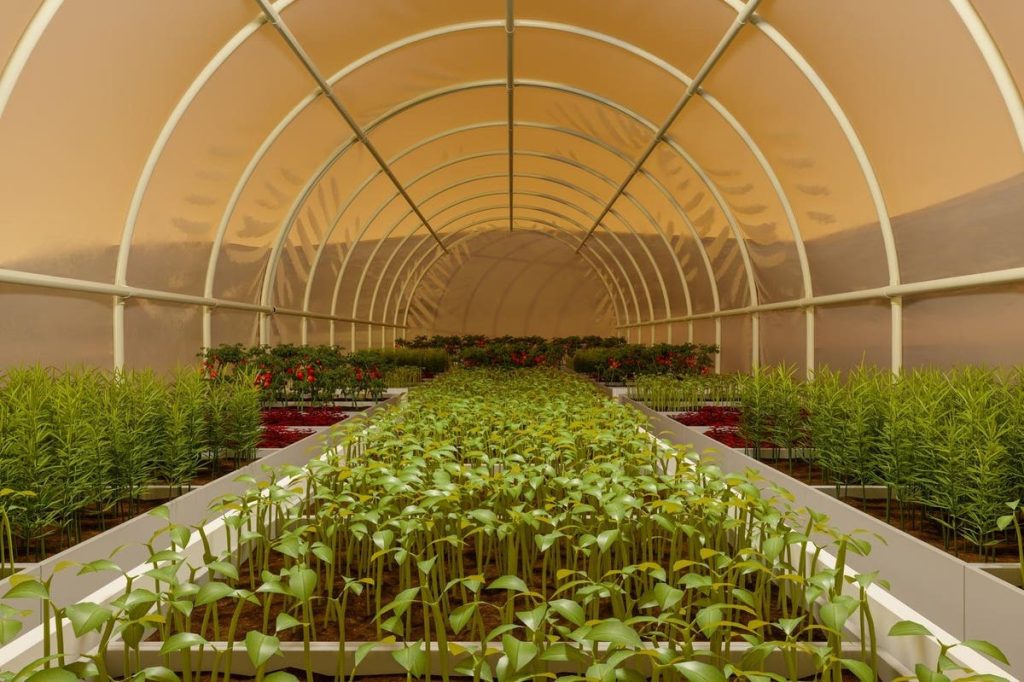The lowly silkworm has spurred exploration here on Earth for centuries. First in the development of the silk roads between China and Europe and then closer to home in colonial Georgia where English settlers tried to make a case for mercantile silk production. But most recently, China has floated the idea of using the silkworm to feed its hungry taikonauts during long-term missions in space. The Chinese have even advocated raising silkworms at future bases on the far side of the Moon.
In fact, there are uncanny parallels between the kind of exploration that spawned the global silk trade and humanity’s earliest forays into space. In colonial Georgia, efforts to start an egalitarian silk industry ended almost as soon as they had begun. Similarly, sixty plus years after the beginning of the space age, we are still inexorably tied to our own planet in ways that disappoint most people who were alive to watch the first moonwalkers trod across the Sea of Tranquility.
So, could silkworm farming facilitate long-term space settlements?
Insects seem to be very efficient at converting plant biomass into higher value protein, so this is certainly something that should be considered, Raymond Wheeler, a plant physiologist and senior scientist at NASA’s Kennedy Space Center, told me via email.
And in terms of nutrients, silkworms have much to offer that mere leafy vegetables do not.
They reproduce at a very high rate; produce more protein per kilogram than either beef or pork; and need very little water, note the authors of a 2022 paper appearing in The Pharma Innovation Journal.
We must remember that even though western societies tend to avoid insects as food, an estimated two billion people worldwide partake of insects as part of their normal sustenance.
In fact, one piece of silkworm pupa contains 18 kinds of amino acids, 8 essential amino acids for humans, write the authors of a 2009 paper appearing in the journal Advances in Space Research.
And although silkworms thrive on mulberry tree leaves, they can (if necessary) live on other leaf types as recent Chinese research has documented.
To solve the problems of the silkworms’ foodstuff, it is possible to use the unfavorable parts of vegetables such as leaves to feed the silkworms, the authors of the Advances in Space Research paper write. Silkworm culture requires shorter times and less growing room than other animal species, they note.
Could Astronauts Raise Silkworms?
Astronauts are trained to do many difficult, exacting tasks so even if it is not easy, they could learn, Jean Hunter, a bioprocess engineer and Cornell University professor emeritus, told me via email. But you would want robots to do boring labor like collecting leaves and culling out dead, injured or sick worms, says Hunter.
Silkworms Could Play Cleanup
Having organisms like silkworms to convert some of this “waste” biomass back to food would be good to consider for future space missions, says Wheeler. This could reduce the amount of crop growing area that you need for life support, since you get more food produced per unit area, he says.
But How Do They Taste?
Silkworms are said to be an acquired taste, says Hunter. The pupae are rich in long chain polyunsaturated fatty acids which tend to taste and smell fishy, she says.
It’s assumed that high performing astronauts will consume whatever is required to successfully complete a mission, Daniel Barta, a life support systems technologist at NASA Johnson Space Center, told me via email. But this is not always the case; astronauts are people, too, and menu fatigue is a real concern, he says.
The standard menu available to astronauts on the U.S. segment of the International Space Station is restricted to 200 processed and prepackaged items.
If a food is not well liked, it is often under-consumed, which may result in nutritional inadequacy, says Barta. Food acceptability is as important as nutrient content, he says.
Although Barta says NASA is not currently looking at insects as food for future missions, in 1981 the space agency did commission a comprehensive outside study titled Insects: A Nutritional Alternative.
As for the final verdict on silkworms as astronaut food?
If astronauts like the taste, silkworms could furnish a useful source of lipids and proteins to complement a mostly plant-based diet, says Hunter.
Eventually silkworms may be used for sustainable human food in a long-term lunar or Mars habitat. Any off-world silk that might be produced could not only be used as fabric but could also be converted to protein for human consumption. Obviously, none of this is likely to be practical for short term missions in low-Earth orbit or cis-lunar space. But if we truly make the Moon and Mars long-term habitats, silkworms may find their way there as well.
Read the full article here






